Features
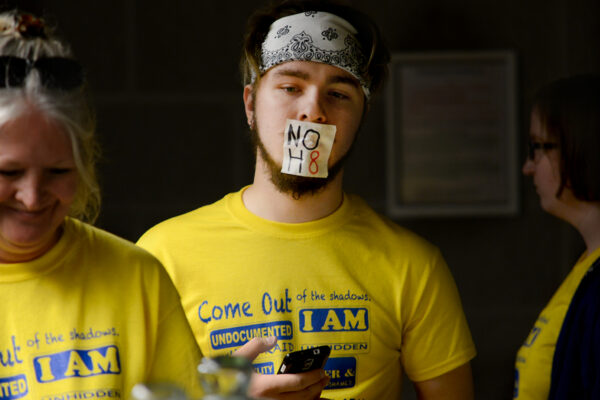
It Doesn’t Always Get Better for Queer-Spectrum and Trans-Spectrum College Students
Many queer-spectrum and trans-spectrum students continue to navigate stigma, peer aggression, and exclusion well into their college years. Researchers are beginning to capture their experiences, which could help lead the way to change.
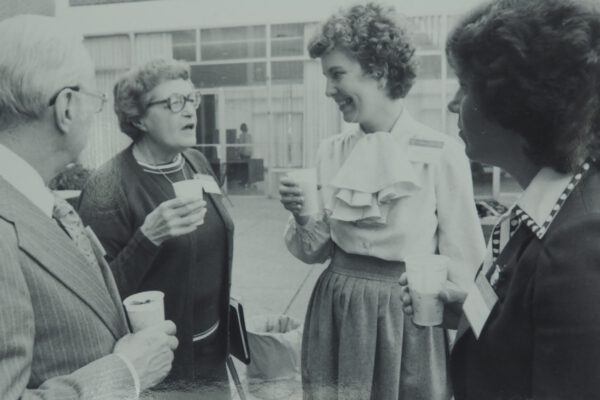
ACE at 100: Advocating for Women in Higher Education
Throughout its history, ACE has worked to support the inclusion of women in all aspects of higher education. From advocating women’s right to work in the 1920s to creating a pipeline to higher education leadership positions in recent years, ACE has spearheaded a number of initiatives focused on women and their success.
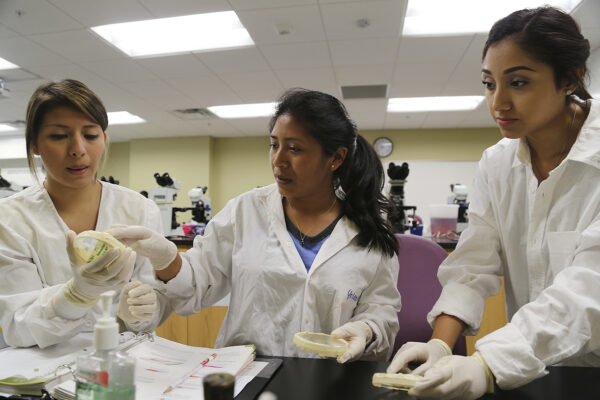
STEM Climate for Students with Disabilities
More students with disabilities of all types are enrolling in postsecondary education institutions than ever before. Yet fewer of them persist to graduation relative to their peers without disabilities, and still fewer graduate with science, technology, engineering, or mathematics degrees. Rachel Friedensen, postdocotoral research associate at Iowa State University, examines this dilemma.
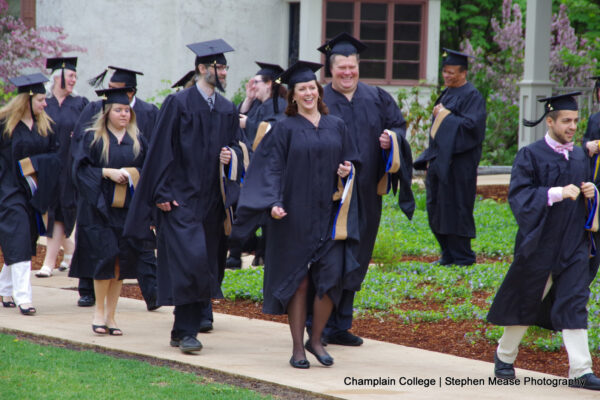
A Motivational Framework for Instructional Equity in Higher Education
What would it take to achieve high levels of postsecondary student learning across all cultural groups and different levels of academic preparation? Margery Ginsberg proposes a “motivational framework” to redress persistent disparities in learning and completion among historically underserved learners.
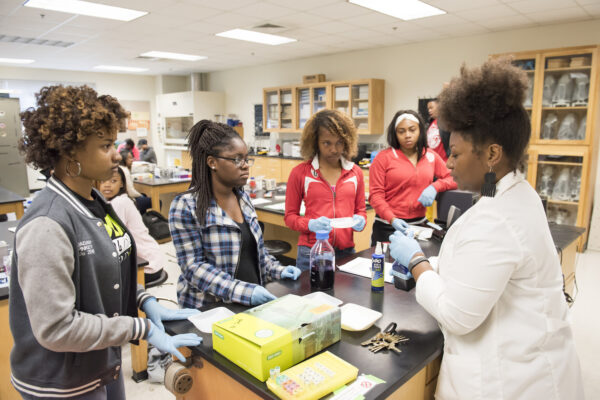
HBCUs, Black Women, and STEM Success
While HBCUs do their share of producing black graduates with STEM degrees, there is a greater need for equity throughout the education pipeline and in workforce hiring practices, writes Howard University’s Caroline Harper in the latest post in the series, “Campus Climate and STEM Success.”
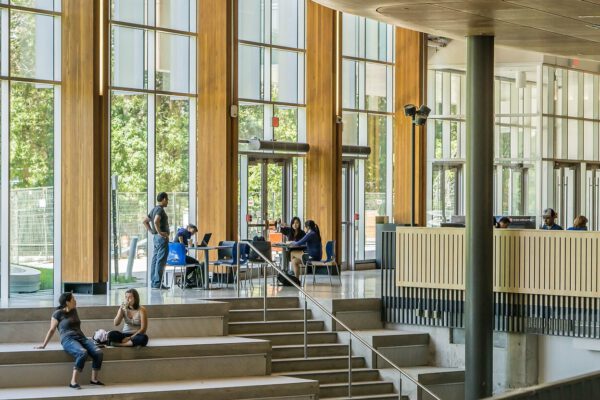
College on the Autism Spectrum
Most first-time college students face challenges adjusting to new academic demands and campus life. For students on the autism spectrum, these challenges can be overwhelming—but with the proper support, they don’t have to be.

ACE at 100: Serving Those Who Serve Through the GI Bill
ACE has played a key role in responding to the educational needs of military members and veterans, perhaps most significantly by working closely with the federal government on two GI Bills—the original implemented after World War II, and an updated version in the aftermath of 9/11.
Advisor, Teacher, Role Model: The Importance of Mentors in Cultivating the Next Generation of Women Leaders
Although women higher education leaders continue to be underrepresented at institutions across the country, many women have established rewarding and successful careers in the field—thanks in part to having had role models and mentors whose paths they could follow. Ann Marie Klotz and Teri Bump, Kara Gravley-Stack, and Thomas L. Keon discuss the vital importance of mentors in advancing through the ranks.
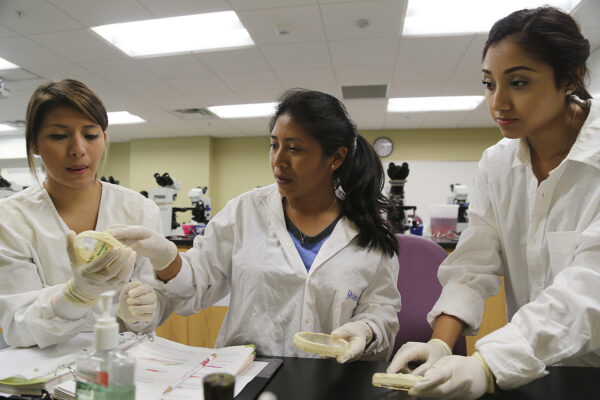
Why Social Interactions Matter for Our Conversations About Campus Climates and STEM
Students’ social interactions and views of race and inequality are shaped by the climate on campus, which could explain some of the disparities in the STEM fields, writes W. Carson Byrd of the University of Louisville.
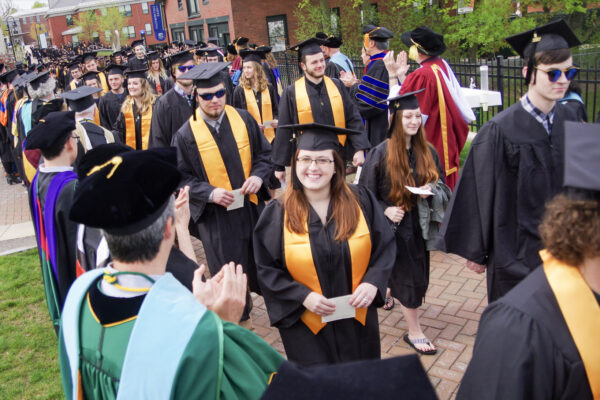
The Hope Gap: Helping Adult Students Overcome Barriers to Fulfilling Careers
Many adults have considered going back to college to enhance their prospects, but they don’t perceive higher education to be a realistic option. Donald J. Laackman, president of Champlain College, writes that higher education leaders need to reckon with this hope gap.
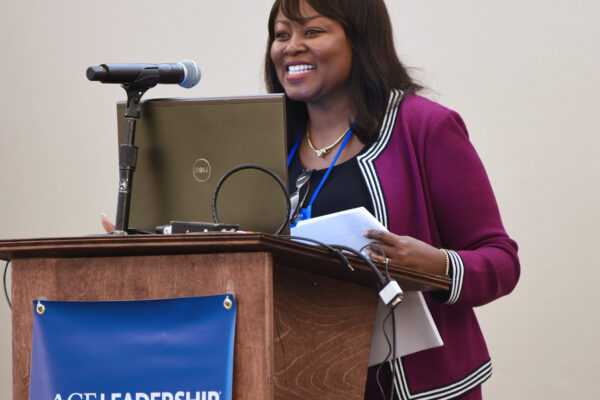
Revitalizing an ACE Women’s Network
Lisa Guion Jones, chair of the ACE Women’s Network of Florida, outlines the structure and strategies she used to revitalize her state’s Women’s Network—and the pitfalls she worked to avoid.

Addressing STEM Culture and Climate to Increase Diversity in STEM Disciplines
Despite millions of dollars in science diversity programs designed to shift patterns of representation in the STEM fields, minoritized populations continue to be underrepresented. The University of Maryland’s Kimberly Griffin looks at the need to attend to both STEM culture and institutional climate to cultivate more inclusive learning environments and increase diversity.